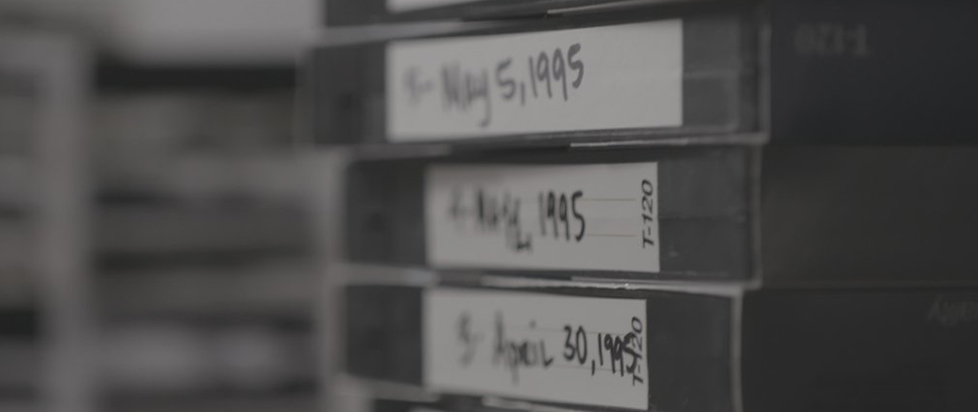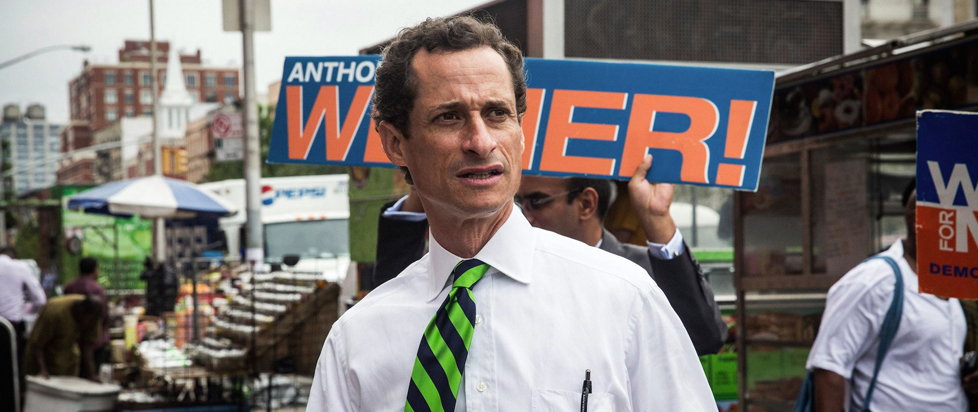
The Confession Tapes
 This column is a reprint from Unwinnable Monthly #96. If you like what you see, grab the magazine for less than ten dollars, or subscribe and get all future magazines for half price.
This column is a reprint from Unwinnable Monthly #96. If you like what you see, grab the magazine for less than ten dollars, or subscribe and get all future magazines for half price.
———
Every week, Megan Condis and a group of friends get together for Documentary Sunday, a chance to dive into the weird, the wacky, the hilarious and the heartbreaking corners of our culture. This column chronicles all of the must-watch documentary films available for streaming.
———
Netflix has been home to some of the most impressive, hardest-hitting documentary series about the justice system in recent memory. From last year’s smash hit Making a Murderer to the harrowing tale of violence and sexual abuse told by The Keepers, the streaming network is serving up must-see TV for fans of true crime. The Confession Tapes (Kelly Loudenberg, 2017) is no exception. But while Making a Murderer and The Keepers are compelling because of their commitment to excavating the tiny minutia of a single case, this new series is terrifying because of the breadth of cases it covers. The series looks at the phenomenon of false confessions or cases where suspects plead guilty to crimes they didn’t commit.
Saul Kassin, a Psychology professor at Williams College, argues that “lay people have an easier time understanding why someone would kill themselves — they understand suicide and the motivations for it — than they do why someone would confess to a crime he did not commit.” According to Kassin:
What makes the confessions so compelling that even DNA can’t destroy them, is that the confessions in these cases were not simple admissions of guilt. Rather, a confession is a statement that says, this is what I did, this how I did it, this is why I did it. These are statements filled with vivid details, often accurate details that only the perpetrator could have known. They are statements that contain expressions of remorse and apologies.
As a result, “It’s virtually impossible for judges and juries to see past confessions whether they’re true or false.” Yet, according the The Innocence Project, “more than one out of four people wrongfully convicted but later exonerated by DNA evidence made a false confession or incriminating statement.” At first, this seems unimaginable. Why on Earth would anyone willingly implicate themselves if they weren’t guilty?
Unfortunately, as the series amply demonstrates, there are many reasons why a false confession might, in the moment, seem like a good idea to a defendant. First, many of the cases The Confession Tapes chronicles are centered on extremely vulnerable defendants: the poor, the uneducated, the mentally impaired. These folks either aren’t aware that they have the right to ask for an attorney to be present while they are being questioned or they are completely unaware that they are under suspicion. Several episodes show interrogation sessions that look eerily similar to the ones that Brendan Dassey was subjected to. Police officers grill these suspects for up to thirteen hours at a time, depriving them of food and sleep until they are barely able to stand let alone string together a coherent narrative. They feed suspects clues about the case and bait them into repeating them back. They gaslight suspects, convincing them that their own memories are not to be trusted, that they’ve blocked out the heinous deeds they committed and that the officers are simply there to help them overcome their psychological barrier. In one especially disgusting case, police even disguised themselves as mobsters in order to convince a couple of teenagers to confess to the murder of one of their parents. The police recordings of these interrogations seem somewhat coercive upon a first viewing, but they become even more suspect when one realizes that, for the most part, the cameras were only ever turned on many hours into the process when the defendant was already physically and emotionally worn down.
In other cases, false confessions resulting in plea bargains for reduced sentences are the only rational choice for innocent people who don’t have the means to mount an effective defense. According to Gaby Del Valle:
. . . people in jail are more likely to plead guilty, studies show, because it’s typically the fastest track to getting home. By design, plea bargains are supposed to be a way of avoiding lengthy, costly trials for defendants who are clearly guilty. Instead, they’ve become a way for low-income people to get out of jail as quickly as possible, even if it means pleading guilty to a crime they didn’t commit.
In fact, an astonishing 94 percent of state-level felony convictions and 97 percent of federal convictions come about as the result of plea bargains. That’s potentially a whole lot of inmates rotting in jail without a trial by a jury of their peers because they simply don’t see another way out.
So what is the solution? In the first place, we need to demand that all criminal interrogations be recorded from start to finish. We can also outlaw manipulative interrogation tactics and permit defendants to introduce expert testimony about how false confessions happen. And, in the meantime, as The Confession Tapes demonstrates, we should always, always demand to speak to a lawyer when engaging with the police.
———
Megan Condis is an Assistant Professor of English at Stephen F. Austin State University. Her book project, Gaming Masculinity: Trolls, Fake Geeks, and the Gendered Battle for Online Culture, is under contract with the University of Iowa Press.




